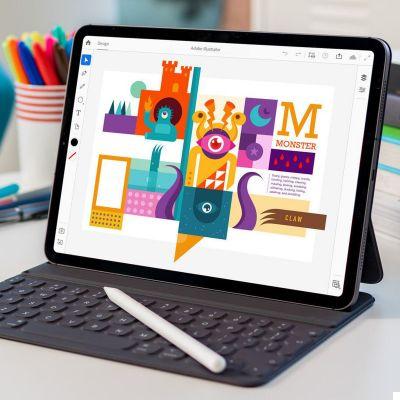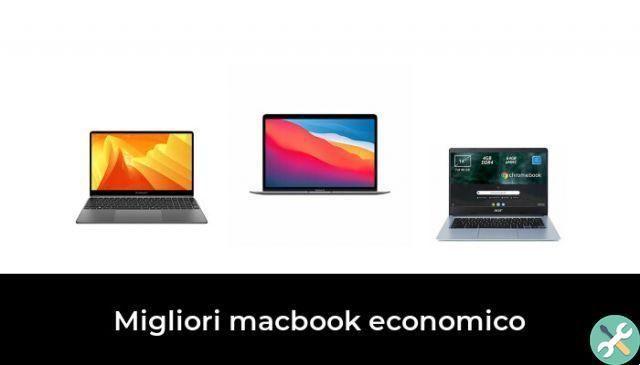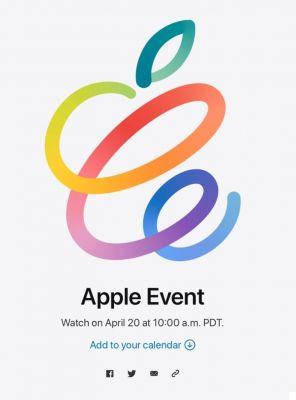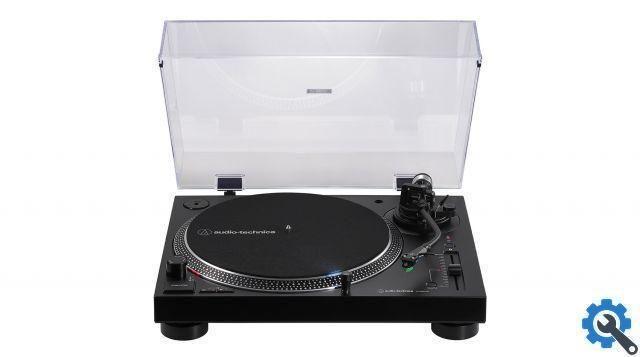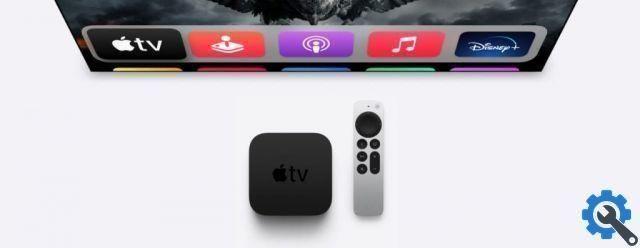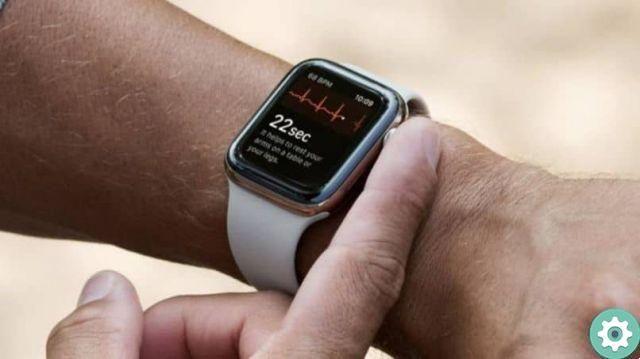Is it common to have conversations starting with the iPhone can have a virus?
Viruses are common in the world of desktop computers, thanks to the constant and never eliminated security holes in Windows.
Macs were initially kept free from the start due to their small market share, where developing a virus for such a small and dispersed community wasn't profitable enough.
When Apple decided to abandon its traditional operating system, it did so by hiring a UNIX kernel, which made it inherently more secure.
This is not the place to explain the basics of modern macOS, but the important thing is that, when Apple started developing the iPhone operating system, it did so by reducing its macOS, to adapt it to the specifications of a mobile device: power consumption , limited memory availability, etc.
For this reason, macOS security has been inherited (and improved) from the iPhone.
Everywhere there is talk of viruses on the iPhone
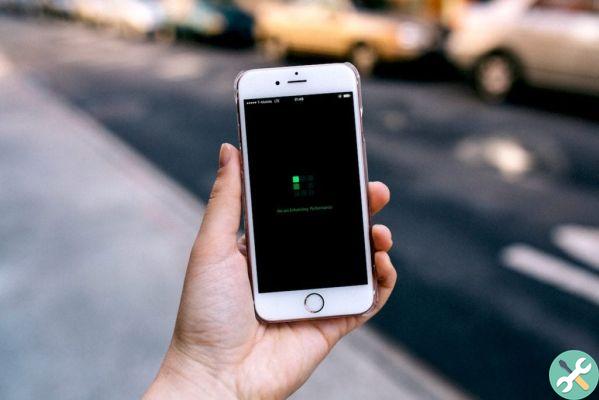
The media is very careful when talking about viruses on "mobile phones". They always maintain a calculated ambiguity, putting Android and iOS in the same bag, so that the viewer is never clear whether the Apple phone may have a virus or not.
There are several explanations for this ambiguity, let's review the ones that come to mind:
- The simplest explanation is that they try not to point the finger at Android because many advertisers have interests in that operating system.
- Another explanation is the current (deplorable) trend towards politically correct, which avoids speaking radically about something, so that no one can accuse the author of being biased.
- Nor is it the feeling that the reporter in charge lacks technological culture and / or hours of flight on the subject, so much so that he tries to swim and put away his clothes so as not to be exposed.
It is possible that you, dear reader, have other information that allows us to add more valid or real arguments than those suggested by our convoluted keyboard. Feel free to add them on the keyboard.
But there is also the jailbreak of the iPhone
True, all the articles you find that talk about viruses on iPhone will talk about jailbreaking as the gateway for viruses to enter your iPhone.
(In case you didn't know, Jailbreak refers to "hacking" the iPhone operating system so that it allows you to install programs without having to go through the App Store).
In this journey of breaching the file system and security protections of iOS (Jailbreak translates to "getting out of jail"), doors are left open that are used by malicious software to take over the phone.
So, that's right, there might be some viruses on the iPhone, if you have jailbroken it.
But extending it to the «iPhone» category in general is like saying that cars break down a lot, when in reality one takes only the statistics of cars that have modified the engine to offer features that the manufacturer had not foreseen.
Malware su iPhone
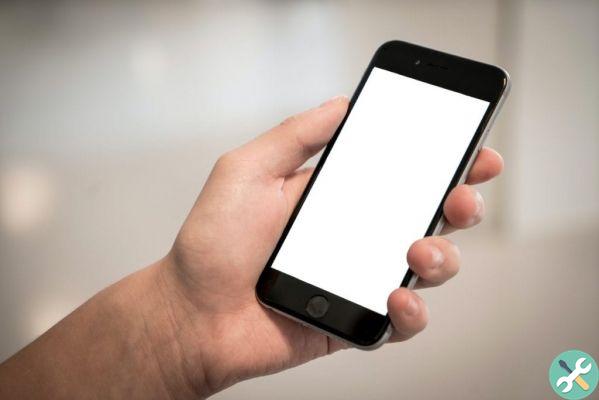
Although the iPhone does not have viruses in the usual concept of the term, it is subject to other types of malicious code that hinder and ruin the experience of using the phone.
Of all of them the most notable is the adware.
With the term adware we refer to any program that automatically displays unwanted or misleading advertising in order to generate profit for its authors.
If you notice that strange behavior occurs when you open a certain app, for example that it would redirect you to a strange web page or that the App Store opens unexpectedly, delete the application you have active when it happens to you and reinstall it (from the App Store). If it still happens after doing this, you should probably take it to an authorized technical service.
Other signs that you may have something not working well are these characteristics:
- Apps crash
- Data usage has increased
- Your phone bill has gone up
- Pop-ups appear without being in the browser
- The battery runs out quickly
- The phone gets hot
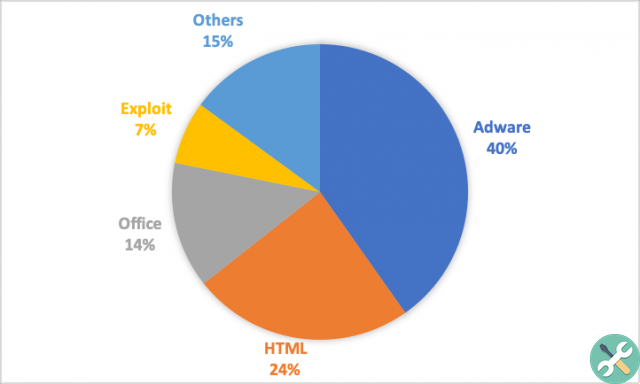
As you can see in the graph, taken from here (it is the most modern we have found, it is curious that they have stopped making comparative graphs on viruses in iOS and Android - probably for some of the reasons we mentioned at the beginning), threats The main for iOS are adware, followed by HTML (file capable of infecting a system via an HTML script), infections via Office programs (Microsoft and security always present) via Macros, and Visual Basic scripts from within applications. Office, such as Excel, Word, etc. And " Feat »Which are files that exploit vulnerabilities in the system or specific applications.
The category Others collects fake or deceptive apps, files that use hidden extensions, phishing and unwanted applications.
Eventually you can see in the news that there is a new ransomware for iOS (hijack your iPhone until you pay a "bounty" to free it).
They say in Click Technology:
Therefore, Wirelurker is considered il malware more dangerous for iOS, capable of stealing all personal data, including contact addresses or text messages, as well as taking control of the device. It spreads via USB and it is not necessary in this case to have a jailbreak.
In the dangerous field of «ramsonware», iPhone has also suffered attacks such as KeRanger. This virus spreads through a file download client BitTorrent and takes control of the device, demanding a ransom from cybercriminals to unlock it.
Usually all of these things make the news because they are exceptional. Android is rarely reported because it is the everyday jungle they live in.
The iPhone has security holes
We're not saying the iPhone is perfect. Researchers periodically discover different ways to access the iPhone without the owner knowing.
It can be via Safari, Messages, Email, etc.
In many cases physical access to the phone is required (which implies that they know the password) but there are also attacks that can be carried out remotely.
So it's not true that the iPhone is invulnerable. It can be attacked and can access the data. Except that it is extremely complex to make it and very difficult for it to be performed in a generalized way in several terminals at the same time.
Generally speaking, when it comes to malicious software, there are three categories:
- A virus, as we said, it is a specific type of malware that copies itself by inserting its code into other programs or the operating system.
- Malware is the generic name for any type of malicious software, including viruses.
- A threat is the generic name for any type of security risk on your phone, including malware, which in turn includes viruses.

As you'll see, every now and then your iPhone has an OS update (those maddening minutes when the iPhone gets disabled because it has to install a new version). These are the opportunities Apple takes to cover up and fix the ways that bad guys have to access your device.
You can rest assured that Apple takes iPhone security very seriously (as well as the privacy of your data), we could say that it is its main selling point.
What to do to try to remove viruses from iPhone
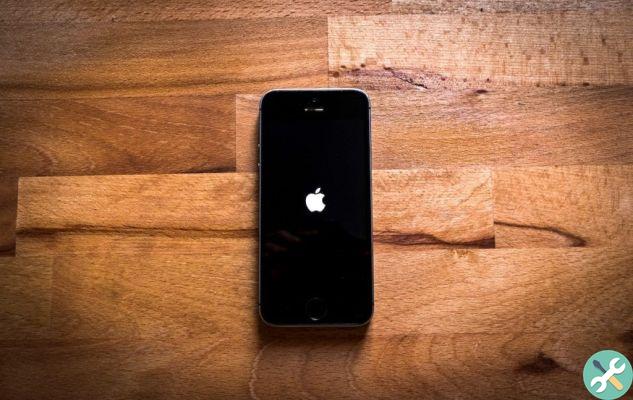
The options are simple and you can do them yourself. Here we show them in order of "radicality":
1. Restart your device
2. Clear history and browsing data
- Settings> Safari> Clear website and data history
3. Restore your device with an iCloud backup
- Settings> General> Reset> Erase All Content and Settings> Select iCloud Copy
4. Factory reset iPhone
- Settings> General> Reset> Delete all content and settings (delete only)
Conclusion
As of today, it can be said that there are no iPhone viruses and that any problem you have originates in something else. Unless you Jailbreak and dedicate yourself to downloading programs of dubious origin on pages of dubious origin.
Eventually your iPhone may get infected with some adware application, or some malicious script via a Microsoft Office document, but they are relatively easy to remove.
The iPhone has security issues, like anything private in the real world - your home, your car, your phone, etc. which are corrected over time based on operating system updates.
The iPhone, as a device that uses multiple applications, is haunted by security threats
 report this ad
report this ad





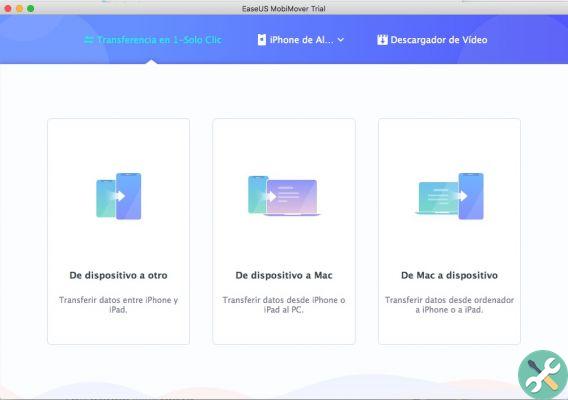
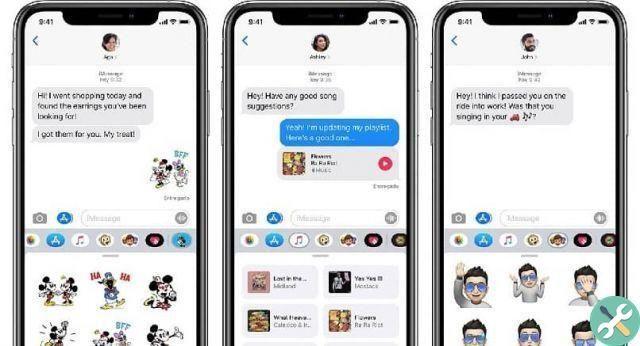




![Google also wants your Apple News [Updated] [2]](/images/posts/943dc0d8f28fcc4bc16fa30ed6d71f6a-0.jpg)

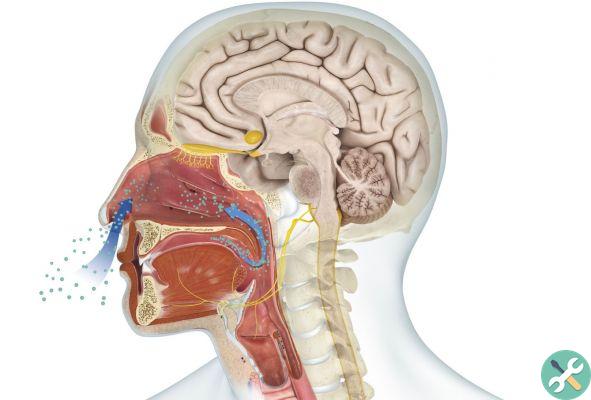


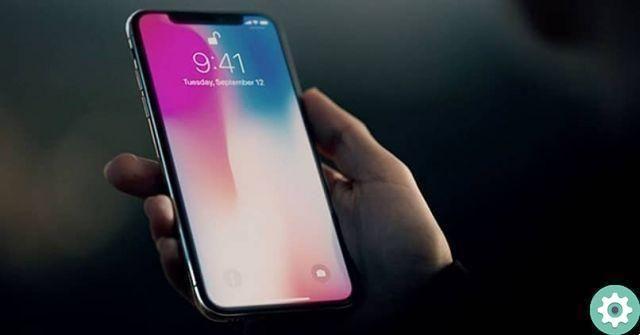
![Apple Vice Presidents Talk About Development of M1 for Mac [Updated]](/images/posts/c6254b668e5b3884d6b6338ccb8a02ff-0.jpg)
